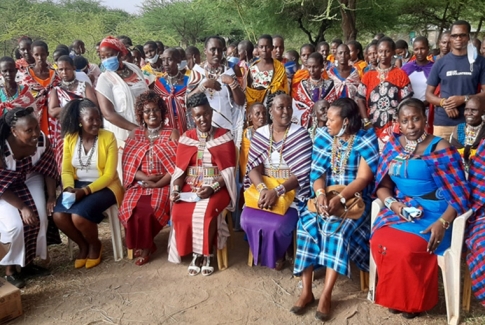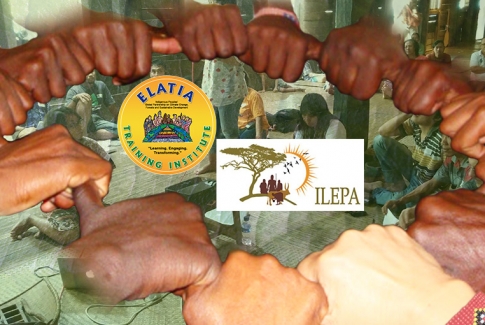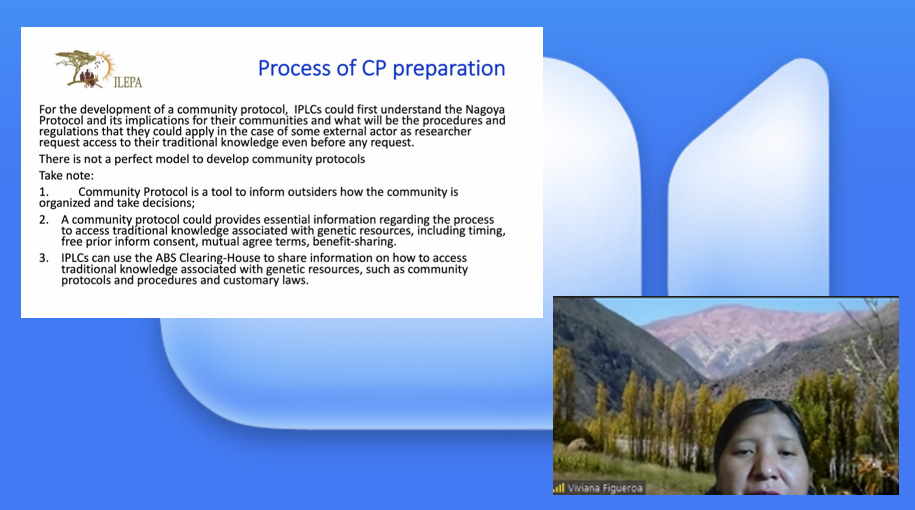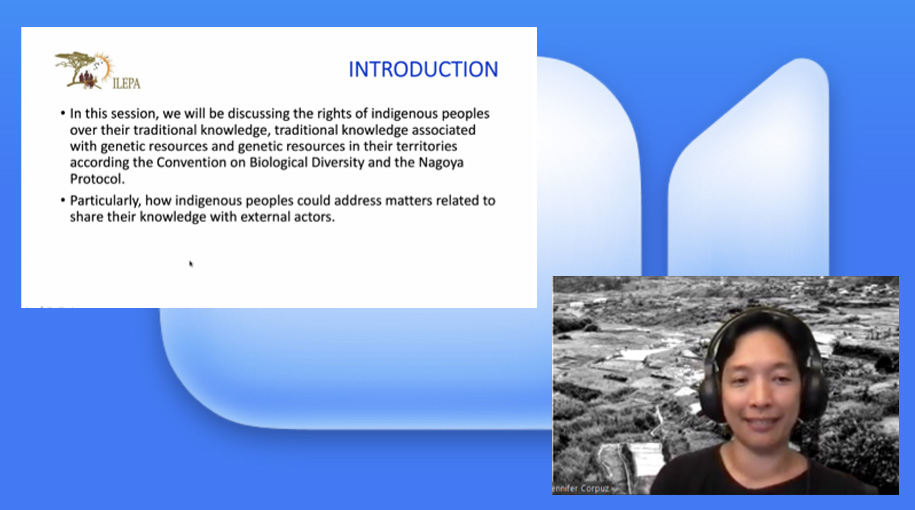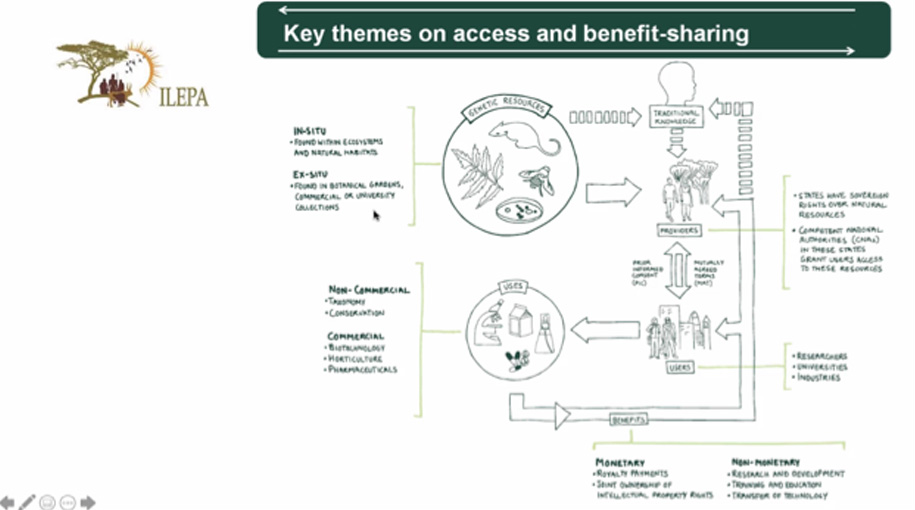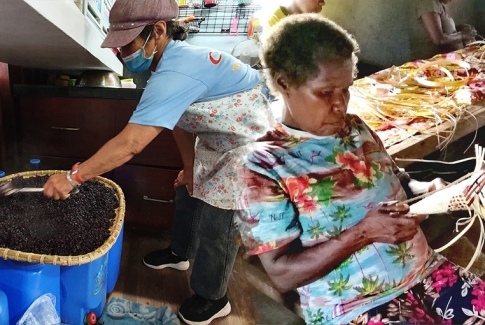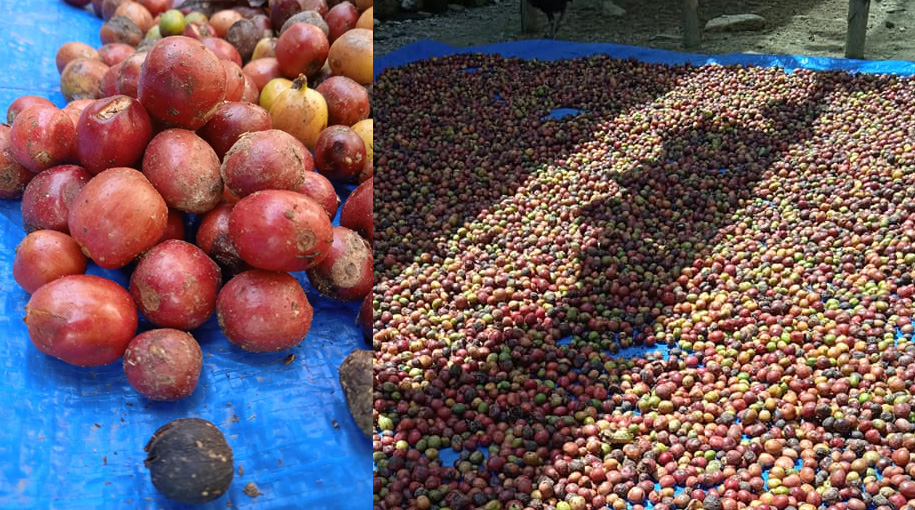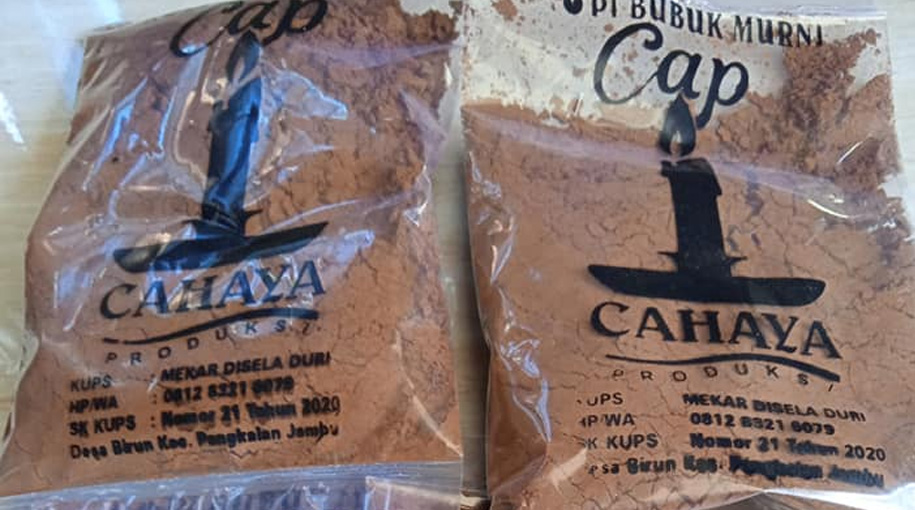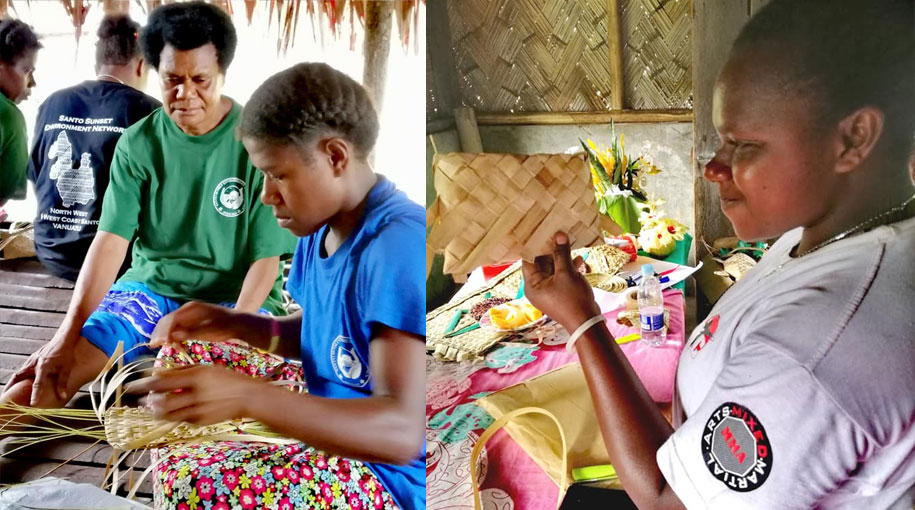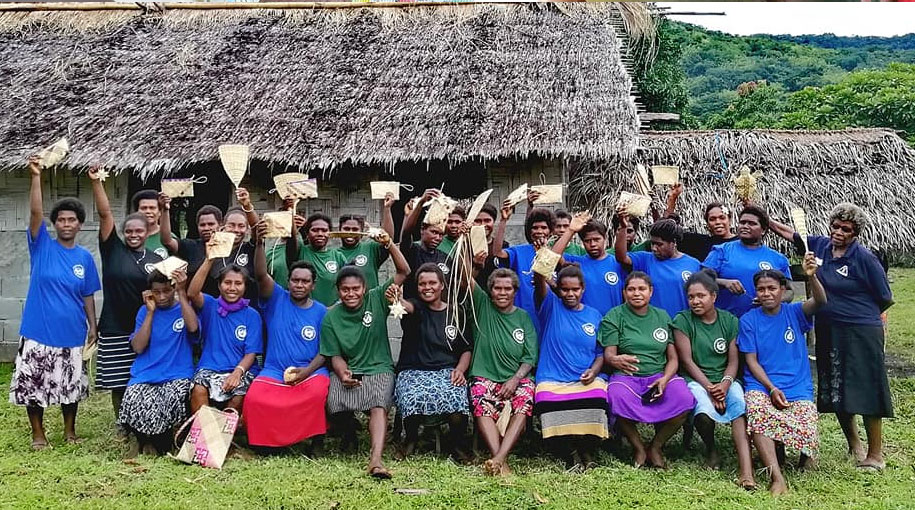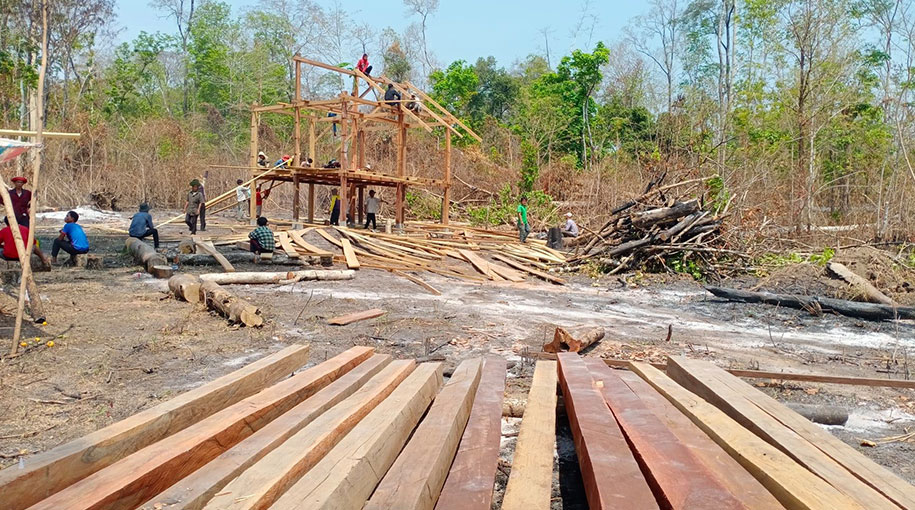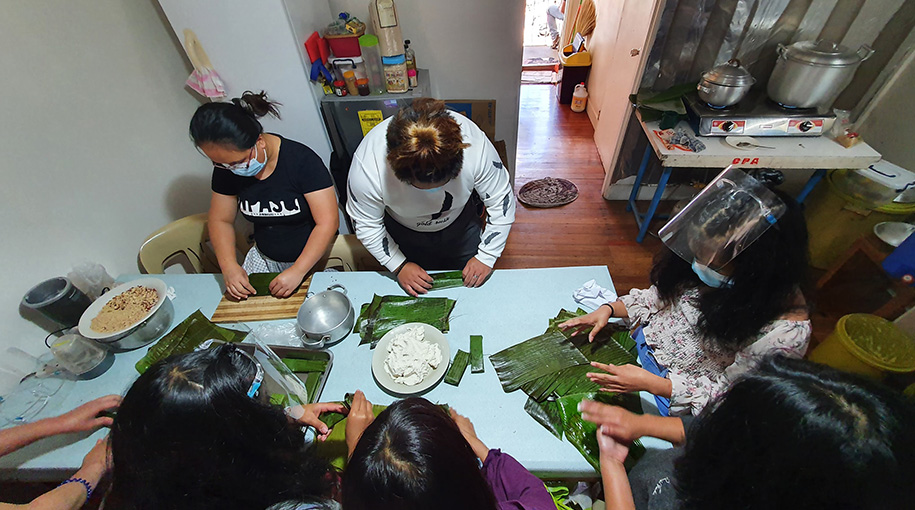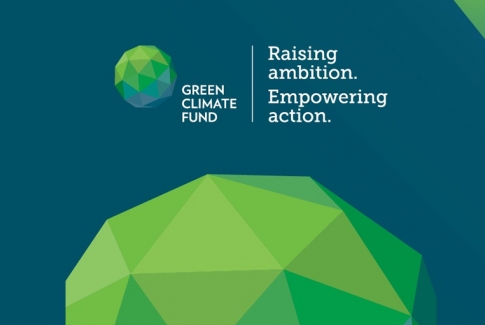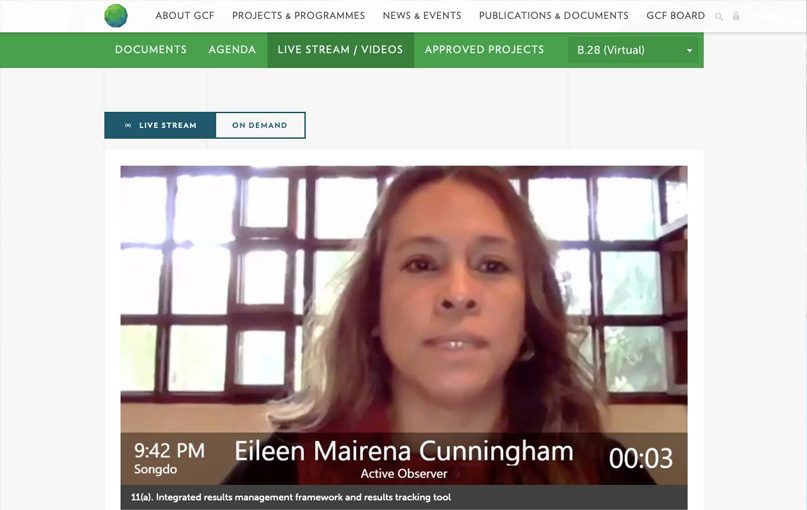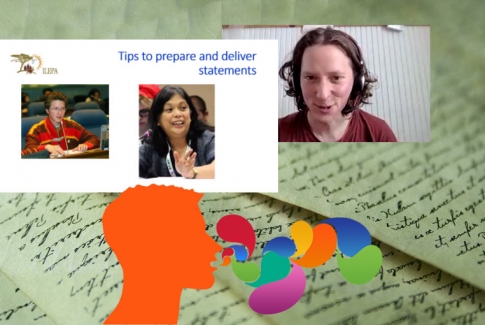Nine partners of ELATIA, an indigenous peoples’ global partnership on climate change, forests and sustainable development, have been implementing capacity-building activities among local indigenous communities in their countries since October 2020.
The main theme of the capacity building activities revolved around approaches to indigenous peoples’ sustainable and self-determined development or IPSSDD. IPSSDD reiterates the centrality of indigenous peoples’ rights in development while ensuring the protection, sustainable use, and management of the environment. A holistic approach, IPSSDD also ensures the support for sustainable, traditional livelihoods and the respect for cultural diversity. The vital roles of indigenous women and youth and the intergenerational transfer of traditional knowledge are important components of IPSSDD.
Towards sustaining initial efforts to develop and capacitate next generation leaders, the partners have been developing training materials, localizing or contextualizing and translating existing training modules into local languages and producing audio and visual materials. Furthermore, they have been conducting learning sessions and discussions, community workshops, and focused group discussions with substantial participation of indigenous women and the youth.
Institut Dayakologi based in Pontianak, West Kalimantan, Indonesia, conducted field assessments, focused group discussions, and workshops to contextualize the IPSSDD training modules prior to the implementation of training activities in different communities.
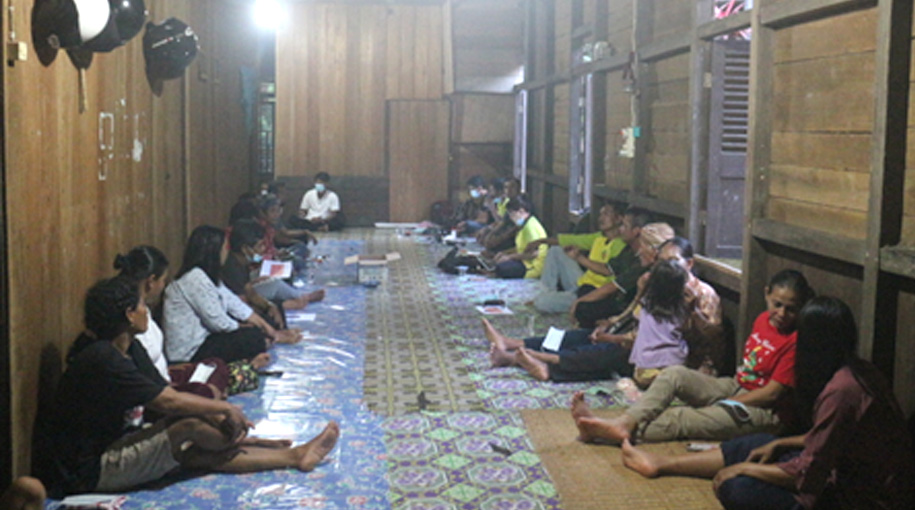
The Field Assessment at Kampong Batu Menang. Mr. Ajin Vinsentius briefs the participants during the field assessment at Kampong Batu Menang, Ketapang District in West Kalimantan, Indonesia. (Photo Credit: ID’s Documentation Team)
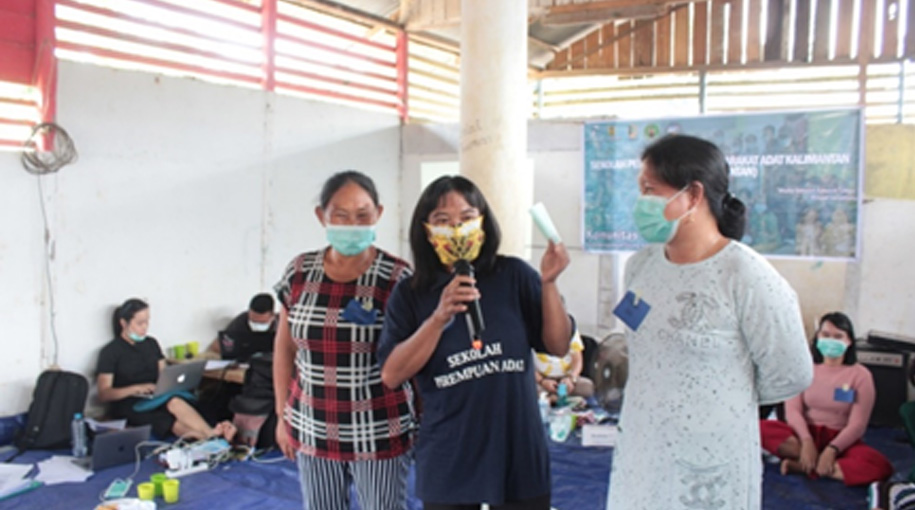
An indigenous youth, who participated in the IPSSDD training at Kampong Segumon in KTJ of Sanggau District in West Kalimantan, Indonesia last December 12, 2020, shares her thought about indigenous knowledge to the other participants. (Photo Credit: ID’s Documentation Team)
As part of practicing the lessons from the training, the Mainyoito Pastoralists Integrated Development Organization (MPIDO) based in Nairobi, Kenya, facilitated a dialogue between the trained indigenous youth and women with the Kajiado County Ministry of Youth and Gender last November 2020.
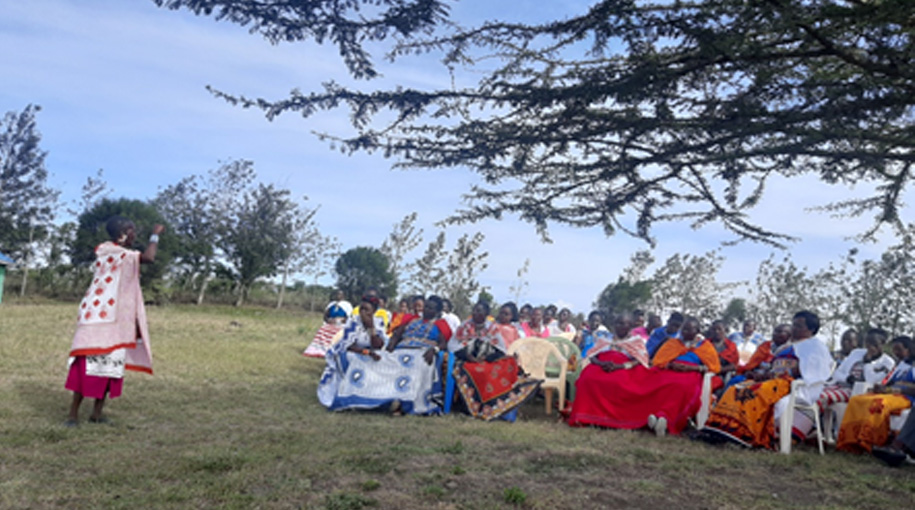
Indigenous women and youth talk about climate change mitigation and adaptation at Olooruka Resource Center Training last December 2020. (Photo: MPIDO)
Lands issues being confronted by the Maasai communities around their traditionally-occupied land, now called Ngorongoro Conservation Area, are central to the training conducted by Pastoralists Indigenous Non-Governmental Organization's Forum (PINGO's Forum) based in Arusha, Tanzania. The participants were oriented about legal procedures for land upgrade and land acquisition.
Indigenous Livelihoods Enhancement Partners (ILEPA), based in Narok, Kenya, targeted indigenous youth in their capacity building on IPSSDD concepts and approaches. ILEPA also video-documented lessons and experiences of communities as well as gaps in realizing a self-determined development of indigenous peoples.
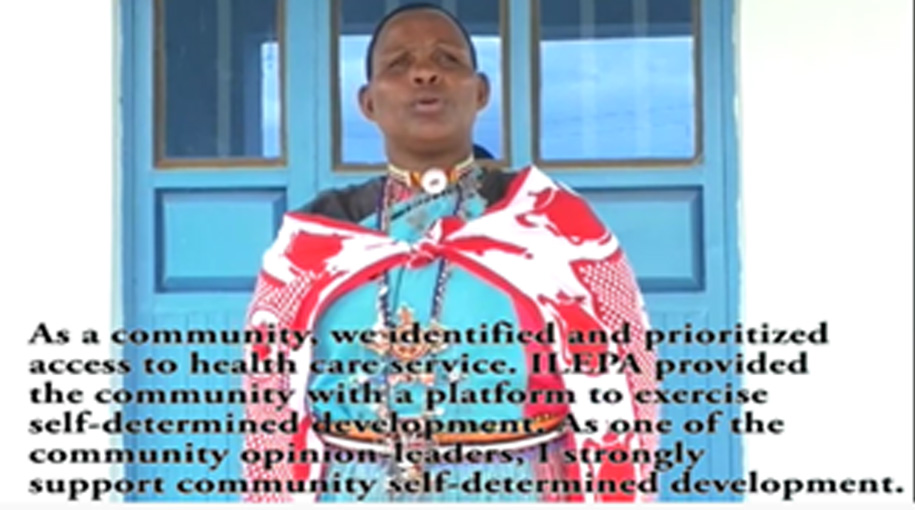
Noolmejooli Nkoitiko of Maji-moto/Naroosura ward in Narok, Kenya shares her experiences in actively participating in data collection and community needs identification and prioritization in Maji-moto facilitated by ILEPA in one of its implemented projects. (Screengrab from ILEPA’s Youtube account)
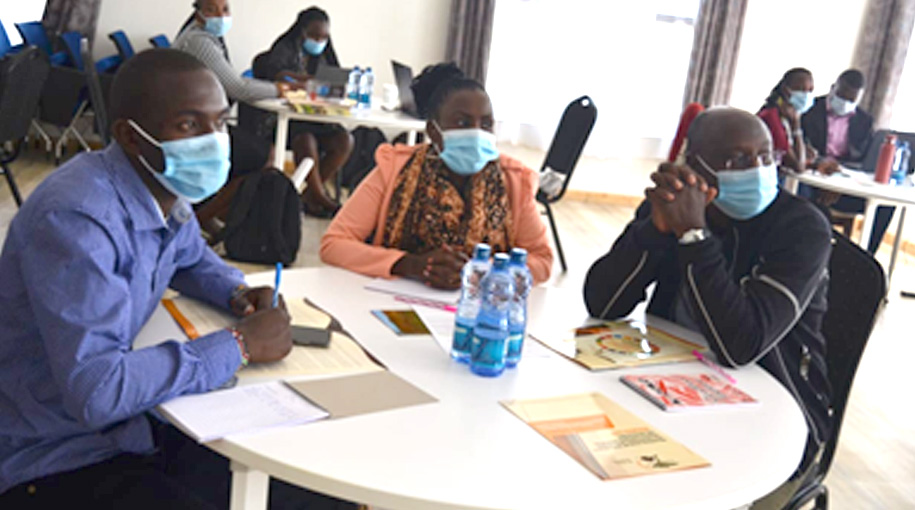
Indigenous youth participants watch the video documentation during the training last December 2020 at Zebu Lodge in Narok, Kenya. (Photo: ILEPA)
The COVID-19 pandemic posed many challenges to the implementation of capacity building activities. It has limited the mobility and direct interactions of participants, trainers, and facilitators. To ensure health safety of everyone, the organizations enforced basic health safety protocols.
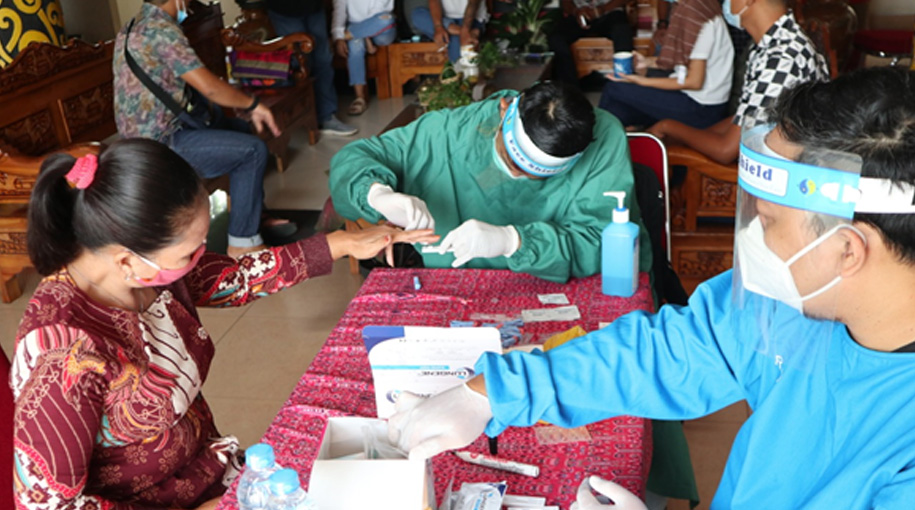
One of the participants takes a test as a required health protocol before attending the training at Jurung-ID Pontianak in West Kalimantan, Indonesia. (Photo credit: ID’s Documentation Team)
Being supported by the Tamalpais Trust, the project is part of achieving the overall goal of ELATIA to realize indigenous peoples’ sustainable, self-determined development through the training of next-generation indigenous leaders including women and youth.
The other partners involved in the project include Lelewal in Yaoundé, Cameroon, Union pour l’Emancipation de la Femme Autochtone” (UEFA) in Bukavu, Democratic Republic of Congo, Center for Autonomy and Development of Indigenous Peoples (CADPI) in RACCN, Nicaragua, Center for Indigenous Peoples' Research and Development (CIPRED) in Kathmandu, Nepal, and Silingang Dapit-Southeastern Mindanao, Inc. (SILDAP) in Tagum City, Philippines.


